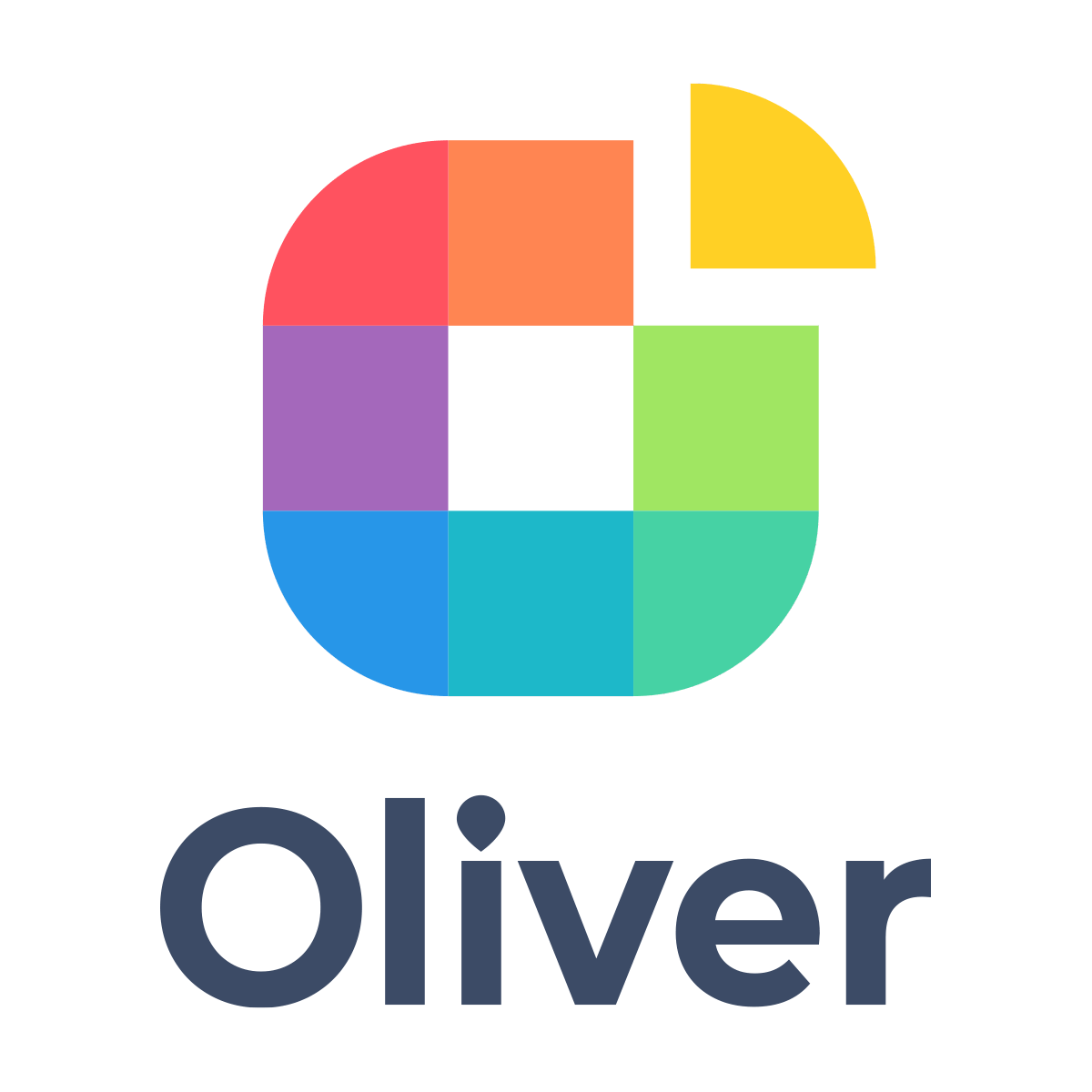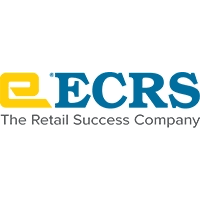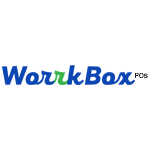Description

Oliver POS

EasyStore
Comprehensive Overview: Oliver POS vs EasyStore
Oliver POS and EasyStore are solutions designed to meet the needs of small to medium-sized businesses, particularly in the retail and e-commerce sectors. Each offers unique features tailored to specific market needs.
a) Primary Functions and Target Markets
Oliver POS:
- Primary Functions:
- Oliver POS is a Point of Sale (POS) system that integrates seamlessly with WordPress and WooCommerce. It provides features such as inventory management, customer relationship management, sales analytics, and support for multiple payment methods.
- It is particularly notable for its ease of use with WordPress and its ability to function both online and offline, ensuring continuous business operations.
- Target Markets:
- Oliver POS primarily targets small to medium-sized e-commerce businesses that already utilize or plan to utilize WooCommerce for their online sales platform. It is ideal for brick-and-mortar stores looking to integrate their physical and online sales operations.
EasyStore:
- Primary Functions:
- EasyStore is an e-commerce platform designed to help businesses create and manage online stores. It offers a suite of tools including website building, inventory and order management, payment integration, and marketing tools.
- The platform also supports integration with various sales channels such as Facebook, Instagram, Lazada, and Shopee, providing a multi-channel selling approach.
- Target Markets:
- EasyStore targets small and medium-sized enterprises (SMEs) wanting to establish an online presence. It's especially suitable for those looking for an all-in-one solution to manage multiple sales channels from a single platform.
b) Market Share and User Base
Oliver POS and EasyStore serve different aspects of the retail and e-commerce markets, making direct comparisons in market share difficult but offering insights into their niches.
- Oliver POS has a more niche market as it caters specifically to Shopify and WooCommerce users. Its market share may be smaller compared to large standalone POS systems, but it is growing among businesses leveraging WordPress for e-commerce.
- EasyStore, being a platform to build online presence, might have a broader market share given the growing demand for multi-channel online sales support and its versatility for various business types.
c) Key Differentiating Factors
-
Integration and Compatibility:
- Oliver POS stands out because of its seamless integration with WooCommerce and WordPress. This makes it highly appealing for businesses already using these platforms, reducing friction in transitioning to a POS system.
- EasyStore is a standalone platform that does not require prior use of a specific CMS, making it versatile for businesses starting from scratch.
-
Functionality:
- Oliver POS offers robust point-of-sale features, particularly valuable for businesses needing an offline solution or those with an existing WooCommerce setup.
- EasyStore excels in its multi-channel selling capabilities, catering to businesses looking to expand quickly across various online marketplaces without the need for extensive technical setup.
-
Ease of Use:
- Oliver POS offers a straightforward integration with existing WooCommerce shops, streamlining the POS setup process.
- EasyStore provides an intuitive interface that simplifies creating and managing an online store, appealing to users who prioritize ease of use in entering the digital market space.
In summary, Oliver POS and EasyStore each have distinct target markets and capabilities, making them suitable for different types of businesses. Oliver POS is ideal for WooCommerce users needing an integrated POS solution, while EasyStore is tailored for SMEs seeking to establish a versatile online presence across multiple channels.
Contact Info

Year founded :
Not Available
Not Available
Not Available
Not Available
Not Available

Year founded :
2013
Not Available
Not Available
Malaysia
Not Available
Feature Similarity Breakdown: Oliver POS, EasyStore
To provide a feature similarity breakdown for Oliver POS and EasyStore, we'll look at the core functionalities, user interface (UI) comparisons, and unique features of each platform.
a) Core Features in Common
-
Point of Sale (POS) Capabilities:
- Both platforms offer POS solutions that integrate with eCommerce stores to help manage in-person sales alongside online sales.
-
Inventory Management:
- They support inventory tracking to ensure stock levels are consistent across physical and online stores.
-
Sales Reporting and Analytics:
- Both provide tools for sales data analysis, offering insights into sales performance and customer behavior.
-
Customer Management:
- Features for managing customer profiles, purchase history, and contact information are available in both systems.
-
Product Catalogue Management:
- Both systems allow the creation and management of product listings, including variants and attributes.
b) User Interface Comparison
-
Oliver POS:
- Known for its integration with WooCommerce, the UI of Oliver POS is designed to be familiar to users of WooCommerce, maintaining a consistent look and feel.
- The interface is relatively straightforward and built for efficiency, focusing on ease of use for brick-and-mortar store operations and quick access to sales functions.
-
EasyStore:
- EasyStore's interface is designed for ease of use for online storefronts and relatively straightforward navigation.
- It emphasizes simplicity and is beginner-friendly, providing a clear and uncomplicated dashboard for online store management.
c) Unique Features
-
Oliver POS:
- Integration with WooCommerce: Oliver POS is specifically designed for seamless integration with WooCommerce, making it an excellent choice for businesses already using this platform.
- Extended POS Hardware Support: Oliver POS offers extensive compatibility with various POS hardware, providing flexibility in setting up physical points of sale.
-
EasyStore:
- Multi-Channel Selling: EasyStore provides robust features for selling across multiple platforms, including social media and marketplaces, from a single dashboard.
- Built-in Marketing Tools: EasyStore integrates marketing capabilities directly into the platform, such as SEO tools and email marketing features, to help users promote their products more effectively.
In conclusion, while both Oliver POS and EasyStore share several core features essential for managing sales and inventory, they are designed to serve somewhat different user bases with specific needs regarding integration, hardware support, and marketing functionalities. Oliver POS is better suited for businesses using WooCommerce and requiring extensive hardware support, while EasyStore is more advantageous for those seeking an all-in-one solution for multi-channel eCommerce.
Features

Not Available

Not Available
Best Fit Use Cases: Oliver POS, EasyStore
Certainly! Both Oliver POS and EasyStore are tools designed to facilitate business operations, but they cater to different needs and types of businesses. Here's how they fit into different business scenarios and industries:
Oliver POS:
a) Best Fit Use Cases:
-
Retail Businesses: Oliver POS is particularly well-suited for brick-and-mortar retail stores that need a seamless integration with their eCommerce platforms, specifically WooCommerce. It's ideal for shops that are looking to unify their online and offline sales operations.
-
Small to Medium Enterprises (SMEs): The system is ideal for SMEs that require a simple, yet effective point-of-sale system without the complexity of larger corporate systems.
-
Businesses with Existing Online Presence: If a business already uses WooCommerce for online sales, Oliver POS offers a natural extension to manage in-store sales within the same ecosystem.
-
Multi-channel Retailers: Businesses looking to synchronize inventory, sales, and customer data across multiple sales channels (online and offline) would benefit from Oliver POS.
d) Industry Verticals and Company Sizes:
- Primarily targets small to mid-sized retail businesses across various sectors such as apparel, electronics, and specialty retail. Its scalability makes it accessible for startups as well as established SMEs looking to improve their sales operations.
EasyStore:
b) Preferred Scenarios:
-
E-commerce Startups: EasyStore is an excellent choice for entrepreneurs and small businesses that want to set up an online store quickly without extensive technical knowledge.
-
Businesses Expanding to Online Sales: Companies that are primarily offline and looking to enter the eCommerce market can benefit from EasyStore's user-friendly setup and integration options.
-
SMEs Needing Comprehensive Digital Tools: EasyStore provides a range of features beyond just online storefront creation, including marketing tools, payment gateways, and order management, making it ideal for businesses looking to manage multiple aspects of online sales.
-
Budget-Conscious Businesses: Its cost-effective plans are attractive for businesses with limited budgets but need a reliable and scalable e-commerce platform.
d) Industry Verticals and Company Sizes:
- Caters to small and medium-sized businesses across various industries, ranging from fashion and beauty to electronics and home goods. Its versatility allows it to support diverse product lines and business models, supporting firms at the early stages of growth as well as more established companies expanding their online presence.
In summary, Oliver POS is optimal for retail businesses looking for seamless integration of in-store and online operations, especially if they use WooCommerce. Meanwhile, EasyStore is tailored for e-commerce startups and small businesses seeking an accessible and budget-friendly platform for online sales. Both cater to SMEs but serve different operational needs and business strategies.
Pricing

Pricing Not Available

Pricing Not Available
Metrics History
Metrics History
Comparing undefined across companies
Conclusion & Final Verdict: Oliver POS vs EasyStore
When weighing Oliver POS against EasyStore, both platforms serve distinct purposes and offer unique features that cater to specific needs. While Oliver POS is primarily focused on providing a Point of Sale solution for WooCommerce users, EasyStore is a more comprehensive e-commerce platform that offers the tools to build and manage online stores. Below is a comparison and conclusion on these products:
a) Best Overall Value:
- EasyStore offers the best overall value for businesses looking for an all-encompassing e-commerce platform to manage their online presence, inventory, and sales. It is ideal for users who want an integrated solution without the need to pair with other services.
b) Pros and Cons of Each Product:
Oliver POS:
- Pros:
- Seamless integration with WooCommerce, offering a POS system directly linked with an existing WooCommerce store.
- User-friendly interface focused on retail environments, making it easy for staff to use.
- Good synchronisation between online and offline sales, ensuring inventory is easily managed.
- Cons:
- Limited to users already using or willing to use WooCommerce, thus might not be suited for non-WordPress-based stores.
- May require additional plugins or third-party applications to extend functionality, potentially increasing costs.
EasyStore:
- Pros:
- Provides an all-in-one platform to create and manage online stores without needing additional web development skills.
- Variety of built-in features, including marketing tools, payment gateways, and inventory management.
- Offers multi-channel retail options, allowing sales through various platforms like Facebook and Instagram.
- Cons:
- Less suitable for businesses heavily reliant on physical retail stores that require a dedicated POS system with robust offline capabilities.
c) Recommendations:
-
For WooCommerce users or those already committed to the WordPress ecosystem, Oliver POS is a natural choice if you need a straightforward POS integration that directly syncs with your online store. It is particularly beneficial for small to medium-sized brick-and-mortar businesses that want to leverage their existing WooCommerce infrastructure.
-
For businesses looking to establish a strong online presence without the technical overhead, EasyStore is recommended. It provides a complete suite for online store management, suited for startups and growing businesses that focus more on e-commerce.
Final Verdict: Choosing between Oliver POS and EasyStore largely depends on your business needs. If your priority is integrating a POS with an existing WooCommerce setup, Oliver POS is the best choice. However, if you're starting from scratch or looking to expand your online capabilities, EasyStore offers more comprehensive tools for e-commerce management. Evaluate your current tech infrastructure and business goals to decide which platform aligns best with your vision.
Add to compare
Add similar companies




